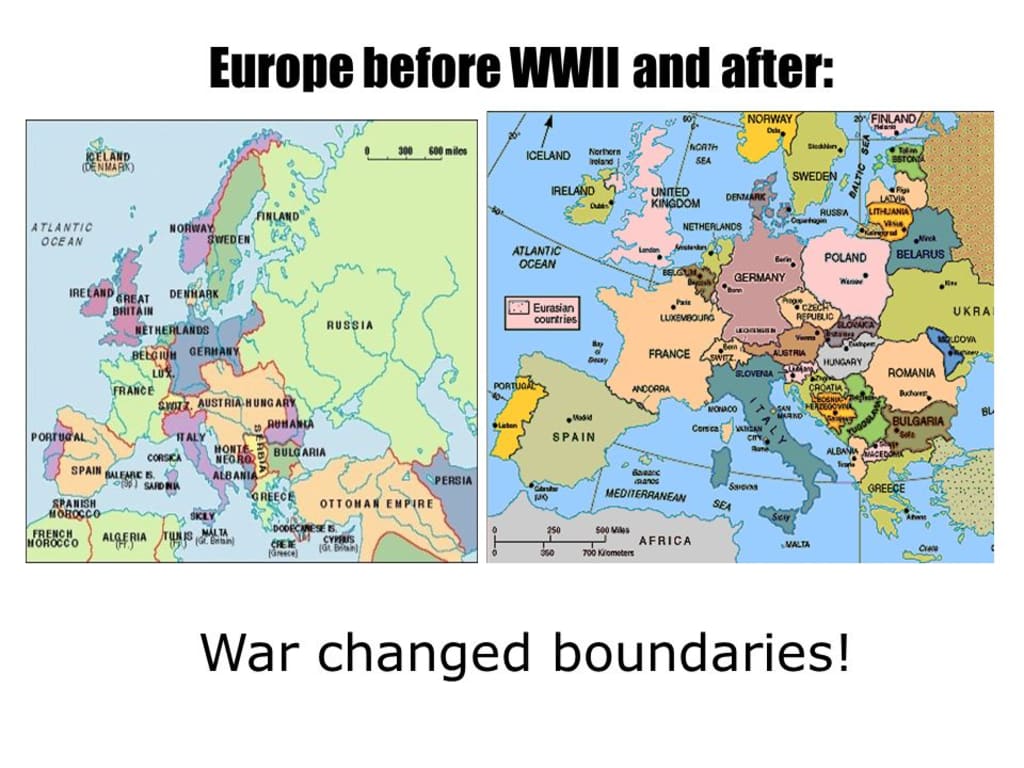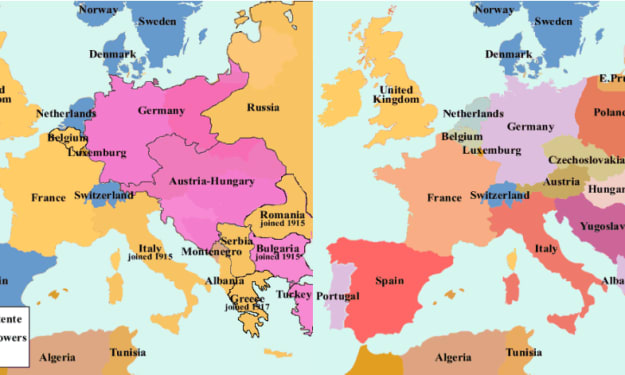
Once upon a time, the world found itself plunged into darkness once again. It was the late 1930s, and the scars of the previous world conflict had not yet fully healed. The rise of totalitarian regimes, simmering tensions, and unresolved grievances set the stage for the most devastating conflict in human history - World War II.
In the heart of Europe, Adolf Hitler's Nazi Germany, fueled by a toxic mix of extreme nationalism and anti-Semitism, sought to expand its influence and reshape the world according to its twisted ideology. In 1939, Germany invaded Poland, triggering a chain reaction that would draw nations from every corner of the globe into the maelstrom of war.
Britain and France, bound by treaty to protect Poland's sovereignty, declared war on Germany, marking the beginning of a long and arduous struggle. As Hitler's armies blitzkrieged through Europe, capturing country after country, the world watched in disbelief and trepidation.
However, amidst the darkness, a flicker of hope emerged. Allied forces, led by Britain, formed a steadfast resistance against the Axis powers. Winston Churchill, the indomitable British Prime Minister, rallied his country and called upon the world to stand against tyranny.
In 1941, the Axis powers expanded their reach further as Germany invaded the Soviet Union, seeking to destroy communism and secure vital resources. The Soviet Union, led by the resilient Joseph Stalin, unleashed its immense industrial might and the resilience of its people to repel the invaders, marking a turning point in the war.
Meanwhile, across the vast expanse of the Pacific, another aggressor sought to dominate the region. Imperial Japan, fueled by imperialistic ambitions and seeking to secure its own resources, launched a devastating surprise attack on the United States naval base at Pearl Harbor in 1941. The attack propelled the United States, with its vast resources and industrial power, into the war on the side of the Allies.
The war raged on, with battles fought across oceans, continents, and skies. Soldiers fought bravely on land, enduring brutal conditions and engaging in fierce combat. The skies became a theater of aerial warfare, with dogfights and bombing raids shaping the course of the conflict. And on the seas, naval fleets clashed in epic battles, vying for control over vital supply lines and strategic positions.
The war reached its darkest point with the Holocaust, the systematic genocide of six million Jews and millions of others deemed undesirable by the Nazis. The world was confronted with the depths of human cruelty and the urgent need to confront and eradicate such atrocities.
As the years passed, the tide began to turn against the Axis powers. The Allied forces, through tenacity, strategic brilliance, and collective effort, gradually gained momentum. The D-Day invasion of Normandy in 1944 marked a significant turning point, as the Allies launched a massive amphibious assault that would ultimately lead to the liberation of Western Europe.
In the Pacific, the Allies waged a grueling island-hopping campaign, inching closer to the Japanese mainland. The Battle of Midway and the subsequent island battles brought the Japanese Empire to its knees, and finally, in 1945, atomic bombs were dropped on the cities of Hiroshima and Nagasaki, leading to Japan's unconditional surrender.
On September 2, 1945, the world rejoiced as World War II officially came to an end. The conflict had exacted an unimaginable toll - the loss of over 70 million lives, cities reduced to rubble, and societies shattered. Yet, in the face of adversity, the human spirit persevered, and the war had also demonstrated the immense capacity for courage, sacrifice, and resilience.
The aftermath of World War II saw the world reshaped once again. The United Nations was established as a forum for global cooperation





Comments
There are no comments for this story
Be the first to respond and start the conversation.